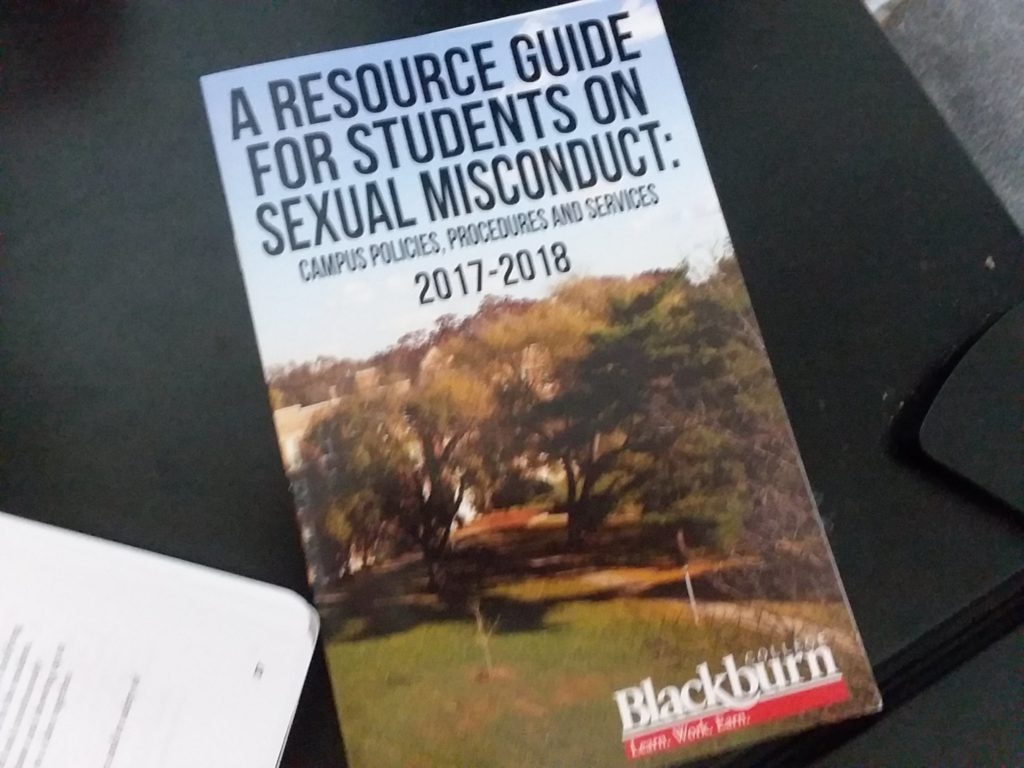What is domestic violence?
The United States Justice Department defines domestic violence as “a pattern of abusive behavior in any relationship that is used by one partner to gain or maintain power and control over another intimate partner.” Domestic violence can be physical, sexual, emotional, economic or psychological. These behaviors can intimidate, manipulate, isolate, threaten, blame, hurt or injure someone.
Who suffers from domestic violence?
The National Domestic Violence hotline reports that “females ages 18 to 24 generally experience the highest rates of intimate partner violence.” This includes physical violence, rape and stalking. Men suffer from domestic violence too, and although more women report domestic violence than men, that doesn’t mean the men should be ignored. Men are also victims of physical violence, stalking, rape and psychological abuse. People in the LGBTQ community also suffer from violent and abusive relationships. Anyone can be affected by domestic violence, but it’s important to know where to go when it happens and how to encourage others to get help as well.
If domestic violence happens on campus, there are ways to report it. Director of Campus Security Morrie Fraser said, “The first decision the accuser needs to make is if they want to bypass the college and go to the police.” Intimate partner violence, rape and stalking are criminal offenses that can be tried through the courts. If you choose not to do that, the school will handle it. First, there will be an investigation to decide if the person being accused needs to go on temporary leave from the campus to not intimidate or be a danger to the person who reported them. Domestic violence is considered a major offense in the B-Book. Fraser said he would investigate the situation, getting statements from the accuser, the accused and any witnesses. If there was any evidence of misconduct, Fraser and Interim Dean of Students Abbey Hardin would decide if they need to hold an administrative hearing. The hearing would determine disciplinary actions.
There are ways to spot abuse in your relationship or a loved one’s relationship. Common methods of abuse are dominance, threats, humiliation, isolation and blame. An abuser will need to feel in control of the relationship and will often make choices for their partner instead of letting them make their own decisions. Signs of abuse and manipulation include threatening to hurt you or something you love, threatening to make a false report about you, taking something away from you or threatening to kill themselves if you leave. Humiliation is a tactic they use to make their partner feel bad about themselves and lose their self-esteem so they think their partner is the only one who will love them, discouraging them from leaving. Isolation is very common, where the abuser will distance their partner from their friends and family, so they have fewer people to reach out to for help. Abusers will often blame their behavior on a bad childhood, in the day or on their partner.
Sometimes, people are scared to report their abuser. They might be worried about retaliation or that nobody will believe them. If you’re unsure whether or not you want to report somebody, there are confidential resources on campus and off campus you can go to. Director of Counseling Services Tim Morenz is an on-campus resource who will maintain confidentiality. Title IX Coordinator Melissa Jones said there are also off-campus confidants they can set students up with if they feel uncomfortable reporting to anyone on campus. Along with Tim Morenz on campus, there is also a Chaplain Pastoral Council Megan Biddle.
 Blackburn College has not had any reports of domestic violence this year and few cases in previous years. This could be because there are genuinely no cases of domestic violence on campus, or it could be because people are scared to report it. Jones said she thinks the low number is because of both of those factors. “I also think there’s more awareness now,” she said, “and reporting parties aren’t alone.” If people are scared to report, Jones strongly recommends that the victim seek counseling to help them through it. Although people don’t have to if they’re not comfortable, she strongly encourages that people come forward so that she can make sure they are safe and protected. Domestic violence shouldn’t be tolerated, so if you know someone who might be in an abusive relationship, it’s important to reach out for them if they don’t feel comfortable enough to reach out for themselves. Nobody deserves to be in a relationship they don’t feel safe in.
Blackburn College has not had any reports of domestic violence this year and few cases in previous years. This could be because there are genuinely no cases of domestic violence on campus, or it could be because people are scared to report it. Jones said she thinks the low number is because of both of those factors. “I also think there’s more awareness now,” she said, “and reporting parties aren’t alone.” If people are scared to report, Jones strongly recommends that the victim seek counseling to help them through it. Although people don’t have to if they’re not comfortable, she strongly encourages that people come forward so that she can make sure they are safe and protected. Domestic violence shouldn’t be tolerated, so if you know someone who might be in an abusive relationship, it’s important to reach out for them if they don’t feel comfortable enough to reach out for themselves. Nobody deserves to be in a relationship they don’t feel safe in.

